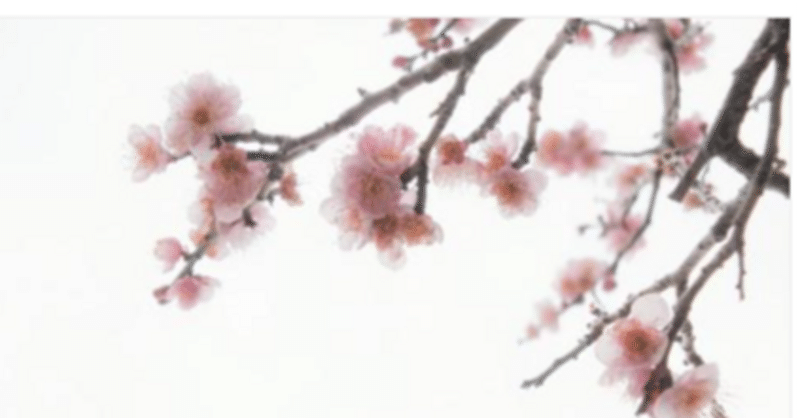
春分の日と(春のお彼岸)英語で解説してみました。
Shunbun no hi," or the Spring Equinox Day, is a national holiday in Japan. It falls on the day of the spring equinox, typically around March 20th or 21st, when the length of day and night are nearly equal. This day is widely recognized as an opportunity to celebrate nature and the changing seasons, often spent with family and friends. It is also known as a time for honoring ancestors, with rituals performed to pay respects and cleanse their graves.
春分の日(しゅんぶんのひ)は、日本の国民の祝日の一つです。春分の日は、春分の日(spring equinox)と同じで、昼と夜の長さがほぼ等しい日です。通常、3月20日か21日ごろに設定されます。この日は、自然や季節の移り変わりを祝い、家族や友人と過ごす機会として広く認識されています。また、お彼岸の期間としても知られており、先祖を祀り清めるための行事も行われます。
"O-higan" is a Buddhist event observed in Japan twice a year, in spring and autumn. It is a time for honoring and comforting ancestors and deceased relatives. The spring O-higan is held in March, while the autumn O-higan is observed in September. During this period, families visit gravesites to clean them and offer flowers and food. They also make offerings at home altars to commemorate the spirits of their ancestors
お彼岸(おひがん)は、日本の仏教の行事であり、毎年春と秋に行われます。お彼岸は、先祖や故人を供養し、彼らの霊を慰めるための期間です。春のお彼岸は3月、秋のお彼岸は9月に行われます。この期間中、家族は墓地を訪れて清掃し、お墓に花や食べ物を供えます。また、仏壇で供物を捧げ、先祖の霊を追悼します。
"Shunbun" is one of the 24 solar terms in the traditional Japanese calendar, known as the "Twenty-Four Solar Terms." These terms divide the year into 24 segments based on the movement of the sun, each with an appropriate name. Shunbun marks the beginning of the season in the Twenty-Four Solar Terms and is said to derive its name from the imperial event "Shunki Kōreisai," or the Spring Festival of the Imperial Ancestors.
The day when the sun passes through the vernal equinox point on the ecliptic is called "Shunbun-nichi," or the Spring Equinox Day, marking the start of the spring season. This day is designated as the current "Spring Equinox Day."
On Spring Equinox Day, the length of day and night becomes equal, signaling the transition to longer days and shorter nights. It serves as a significant seasonal milestone, marking the end of winter and the arrival of spring. People have traditionally celebrated this day as a time to express gratitude to nature and celebrate the onset of spring.
「春分」は
二十四節気」のひとつ。
二十四節気は太陽の動きをもとに1年を24分割した暦で、その時候ごとにふさわしい名前がつけられています。
春分は二十四節気において一年のはじまりの季節で、皇室の行事「春季皇霊祭(しゅんきこうりょうさい)」という祭日が名前の由来であるといわれています。
太陽が黄道上の「春分点」を通過した日を「春分日」と呼び、その日から春分がはじまりますが、この「春分日」を現在の「春分の日」と定めています。
春分日は昼と夜の長さが全く同じになり、この日を境に昼がだんだん長くなっていき夜が短くなる、季節の節目となる日です。
冬が終わりを告げ春の訪れが感じられるこの日を、昔から人々は自然に感謝し春を祝福する日として祝っていたのです
この記事が気に入ったらサポートをしてみませんか?
